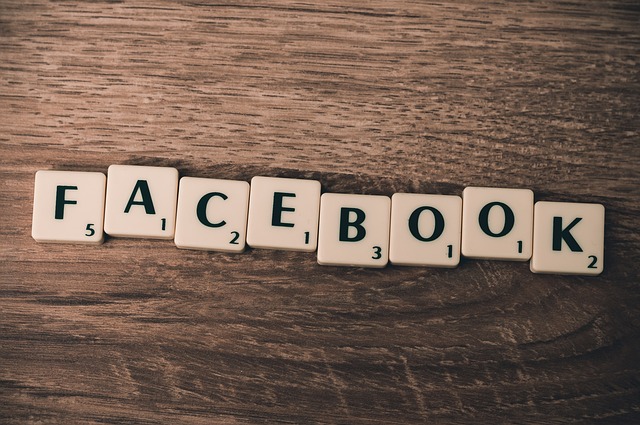Facebook continues to be controversial, what with at least two major data breaches under its belt and a record of multiple violations in personal privacy. Recently, a number of people have been reporting that their posts are being blocked by the social network for no apparent reason. Even using phrases such as “pen is a vintage” or using photos that looks like a weapon will lead to posts taken down.
For sure, this is a move to assure the public that their networks are secure, and the data they collect are used for a good purpose. But nevertheless, Facebook continues to launch new features and services designed to collect information and mine data. If you are wanting to get out of the social media altogether, we suggest you use this step-by-step guide published by the Lifehacker to delete your Facebook account.
While there is no guarantee that Facebook will truly be deleting all your data, these steps will remove as much digital footprint you have on the servers.
Why It Matters
Why do you need to do all these steps? Why can’t you just delete your account and be done with it?
For one, you must remember that Facebook works on the principle of data ownership [see The World Needs A Bill Of Data Rights to know why this principle does not truly protect personal privacy]. What gets utilized by the network depends on the data you leave behind. If you don’t delete your data, then it will always be there on the servers, ready to be utilized [check out the article Here’s All The Data Facebook and Google Has On You if you want to know how much of your data is being saved in online servers].
Our information is being used against us [see Tim Cook: Our Information Is Being weaponized Against Us], our choices manipulated through advertising. In some cases, companies create campaigns specifically targeted to make us notice. With the most intimate details about us shared online, Facebook know so much about us – perhaps even more than we know ourself.
You shouldn’t delete your account without backing up, because you might end up realizing that you needed some of the data. This will force you to go back to your account and reactivate it. Meanwhile, deleting your data from the servers manually is for due diligence. By going back and deleting your data, you get an idea on the kind of data FB has on you.
This is what the principle of data ownership means. You have to monitor what data is being saved, and how it is being used, in every website you visit. In a single website, you will probably have thousands, if not millions, of pages about you. No wonder data ownership doesn’t work. To truly protect personal privacy, governments have to setup the necessary regulations to control the actions of companies like Facebook whose main business is personal information.
Read Original Article

Read Online
Click the button below if you wish to read the article on the website where it was originally published.

Read Offline
Click the button below if you wish to read the original article offline
You may also like
-
Elon Musk Wants Free Speech on Twitter, Should We Believe Him?
-
What is digital detox and why do you need one?
-
Fight back against Big Tech, become “indistractable”
-
Judge approves $650M settlement of privacy lawsuit against Facebook
-
Life Site News creates platform for citizens to call on state legislators to protect First Amendment
